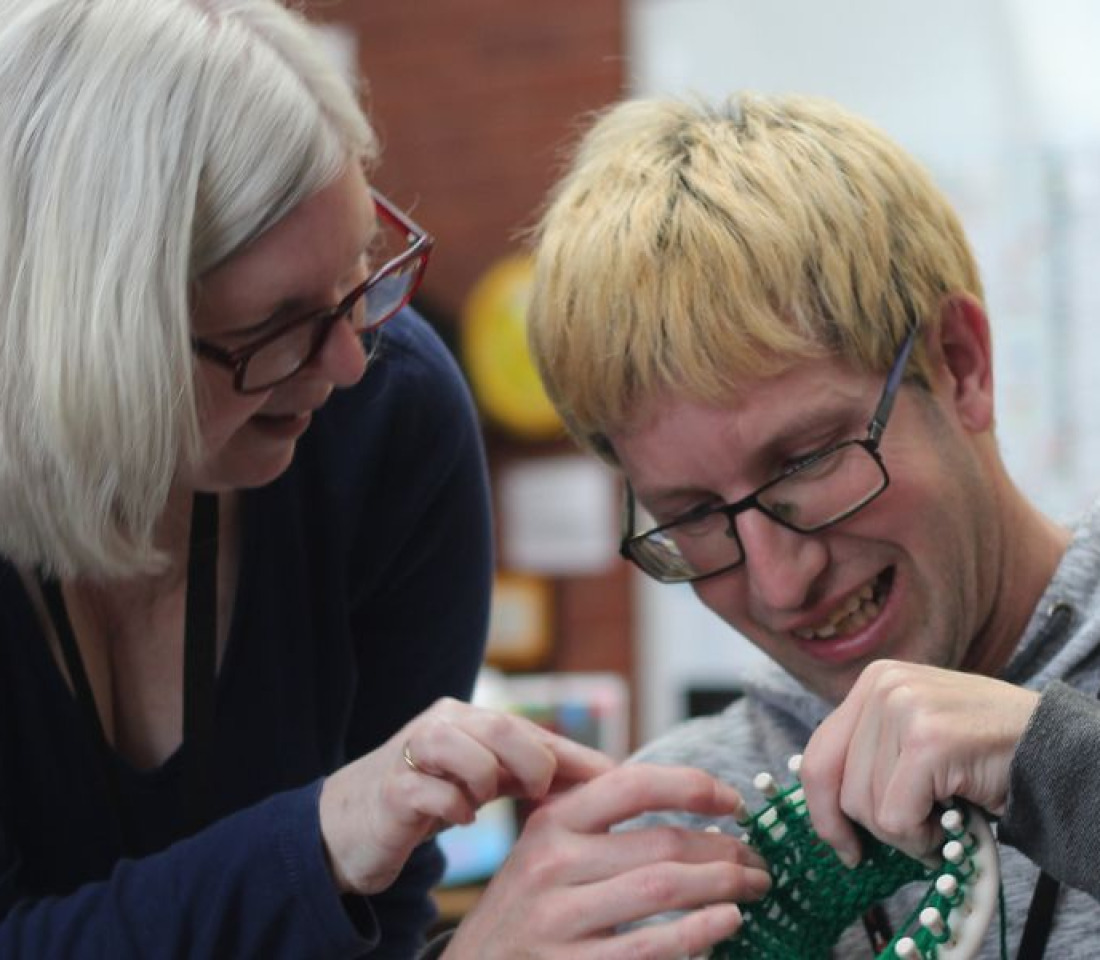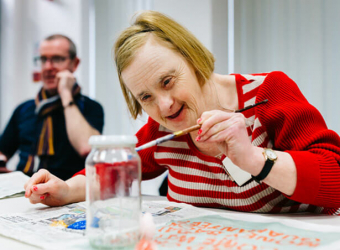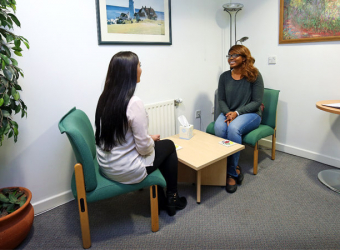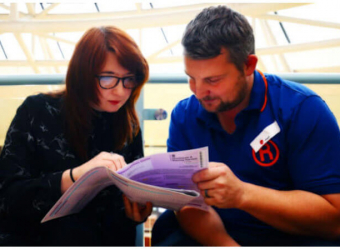What is panhypopituitarism?
Panhypopituitarism is a rare condition that affects the pituitary gland – the tiny hormone-producing gland that sits at the base of your brain. A person with this condition can’t make enough of the hormones the body needs to function properly.
It can sometimes be confused with hypopituitarism, which is a milder form where fewer hormones are affected.
Hormones are chemical messages that carry instructions around the body, controlling growth, reproduction and metabolism. When these levels are low, the body will need help to keep these processes working properly.
With the right hormone treatments, the body can regain balance, helping people live better with panhypopituitarism
What causes panhypopituitarism?
Panhypopituitarism is caused when the pituitary gland becomes damaged. The damage can happen in several ways:
-
Genetic factors: Some people are born with changes in certain genes that guide how the pituitary gland develops. If these genes don’t work properly, the gland may not form as it should.
-
Tumours and treatment: Growths (tumours) near the pituitary gland can press on it affecting how well it works. Surgery or radiotherapy used to treat these tumours, or pressure caused by fluid build-up in the brain (hydrocephalus), can also cause damage.
-
Head injury, stroke, or infection: Serious head injuries, stroke , or infections such as meningitis can all harm the pituitary gland.
-
Autoimmune conditions (hypophysitis): Sometimes, the immune system mistakenly targets the pituitary gland, causing inflammation and damage.
What are the symptoms of panhypopituitarism?
The symptoms of panhypopituitarism can affect the whole body, this is because there aren’t enough hormones to keep many systems working properly. These hormones include:
- Adrenocorticotropic hormone (ACTH) – helps control stress and blood pressure levels.
- Thyroid-stimulating hormone – manages metabolism and energy.
- Luteinising hormone (LH) – supports ovulation and testosterone production.
- Follicle-stimulating hormone (FSH) – helps egg and sperm development.
- Growth hormone (GH) – supports growth and muscle repair.
- Prolactin (PRL) -stimulates milk production in breastfeeding.
The symptoms will vary from person to person, depending on which hormones are affected and how low those levels are. Common symptoms include:
- Extreme tiredness
- Nausea or dizziness
- Depression or low mood
- A higher risk of infection
- Low blood sugar
- Sensitivity to temperature change
- Difficulty stabilising weight and cholesterol levels
- Fast heart rate
- Infertility
Children may experience:
- Slowed growth
- Delayed puberty
Life with panhypopituitarism can feel overwhelming. Understanding your condition and getting the right support can make a real difference. Through our charity you can learn more about your condition and connect with others who really understand.
















